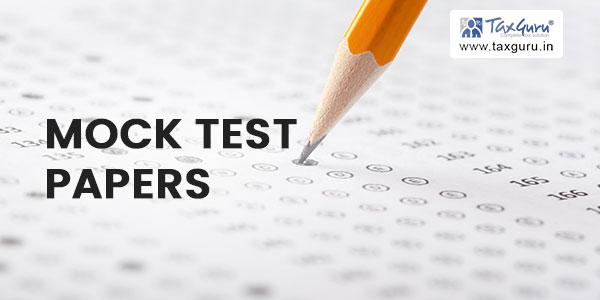Case Law Details
Case Name : DCIT Vs Hitz FM Radio India Ltd. (ITAT Delhi)
Appeal Number : ITA 3685/Del/2013
Date of Judgement/Order : 08/09/2015
Related Assessment Year : 2007-08
Courts :
All ITAT ITAT Delhi
Brief of the Case
ITAT Delhi held in case of DCIT v Hitz FM Radio India Ltd. that expenditure related to licence fee and royalty which helps merely in facilitating the assessee’s trading operations or enabling the management to be carried more effectively is revenue in nature even if advantage may endure for an indefinite future.
If Further held that when the amount is unpaid for three years and the liability exists in accounts then it can’t be said that the liability is finished under Limitation Act due to passing of prescribed time mentioned under the statute.
Facts of the Case
- The assessee is in the business of FM Radio broadcasting. The records revealed that they have paid license fee, royalty to the Govt. Of India which assessee claims to be a Revenue Expenditure but according to AO it is a capital expenditure as it is an intangible asset for the tenure of 10 to 20 years which gives enduring benefit. Therefore, the amount was added to the income of the assessee.
- Another issue was related to the deletion of addition of amount u/s 41(1) of Income Tax Act, 1961. In the present facts of the case the AO observed that there was an agreement of the assessee with a company which was responsible for generating profits as well as conducting the business operations for which they were charging form the Assessee. The Assessee had not paid the amounts due to which the outstanding debts were created which they were not forced to pay as the other company was not able to generate revenue for the Assessee. The AO observed that the Company has not demanded its money from the assessee since last three years. Therefore, no liability exist as the time mentioned in the Limitation Act, 1963 has been passed.
Held by Ld. CIT(A)
- Regarding first issue the ld. CIT(A) held that the Assessee had got only a limited right to use the software and the licence fee is also non-exclusive in nature. The fee paid to the Government was in the nature of rent paid for sharing of common infrastructure facility provided by the Prasar Bharati at their UTV tower complex. There was only one time expenditure made by the Assessee in which they have not got any right to transfer and no enduring benefits were received. Therefore, by granting relief to the Assessee the ld. CIT(A) held that it was the “revenue expenditure”
- Regarding second issue the ld. CIT(A) held that liability has not ceased to exist as there is no time limit prescribed in the agreement and it is wrong to assume that under the Limitation act the liability has ceased.
Contention of the Revenue
- Regarding first issue the ld . Counsel of the Revenue argued that the section 32(1)(ii) of Income Tax Act, 1961 have been amended and the entire case should be seen accordingly.
- Regarding second issue the Ld. Counsel for the Revenue relied on the orders of AO.
Contention of the Assesee
- Regarding first issue the ld. Counsel of the assesee relied on the case of CIT Vs. G4S Securities India Pvt. Ltd. (2011) 338 ITR 46, in which it was held that the payment of Royalty was Revenue in Nature as it was on year to year basis and the Assessee was not the exclusive owner.
- Regarding second issue the Ld. counsel mentioned that the assessee was contractually liable to pay consultancy fee.
Held but Hon’ble ITAT
- Regarding first issue the Hon’ble ITAT upheld the ratio laid down in case of G4S Securities India Pvt. Ltd. Also, the Ho’ble ITAT relied on the Judgment of Empire Jute Co. Ltd. v CIT, (1980) 124 ITR 1, where while considering the expenditure regarding licence fee and royalty it was held that advantage consists merely in facilitating the assessee’s trading operations or enabling the management to be carried more effectively while leaving the fixed capital untouched, the expenditure would be on revenue account, even though the advantage may endure for an indefinite future.
- Regarding second issue the Hon’ble Tribunal relied on the Judgment of Mahabir Cold Storage Vs. CIT [1991] 188 ITR 91 (SC), where it was held that the entries in the books of account of the assessee would amount to an acknowledgment of the liability within the meaning of section 18 of the Limitation Act, 1963, and extend the period of limitation for the discharge of the liability as debt. Therefore, it was held that the Limitation Act could not be applied as aforesaid liability exists in the books of accounts of both the debtor and the creditor.
Accordingly, the decision was in the favour of Assessee.
Kindly Refer to
Privacy Policy &
Complete Terms of Use and Disclaimer.



















